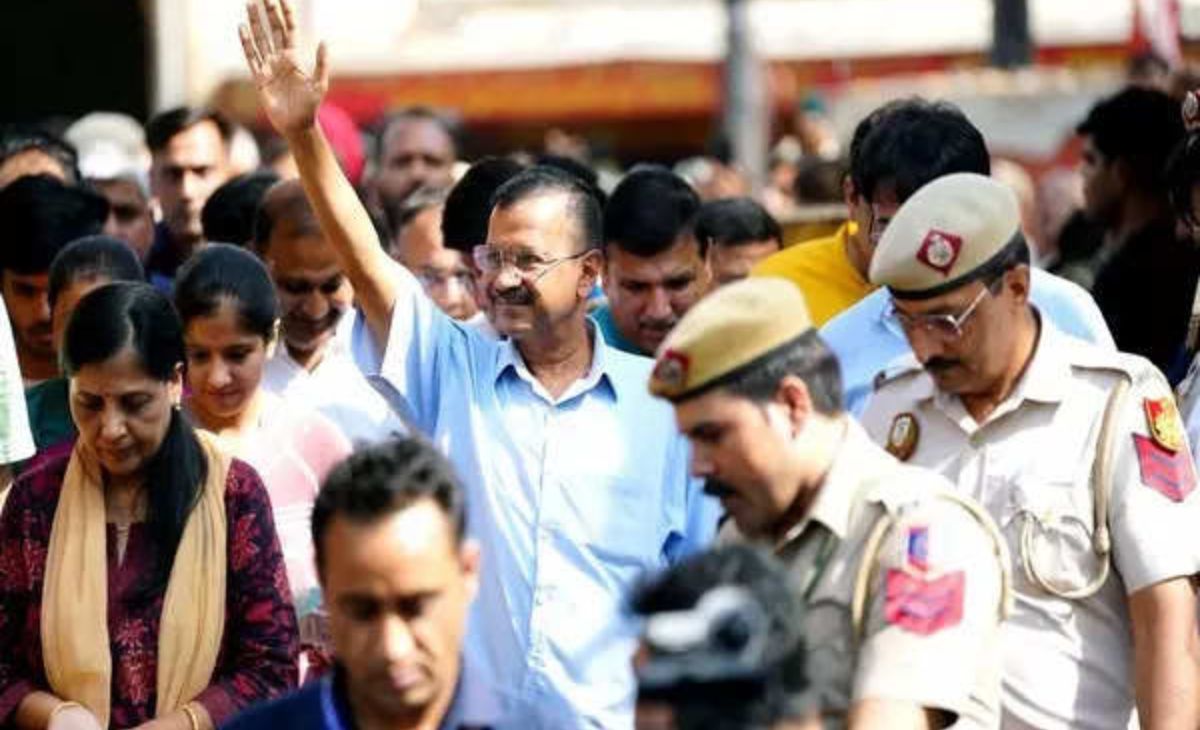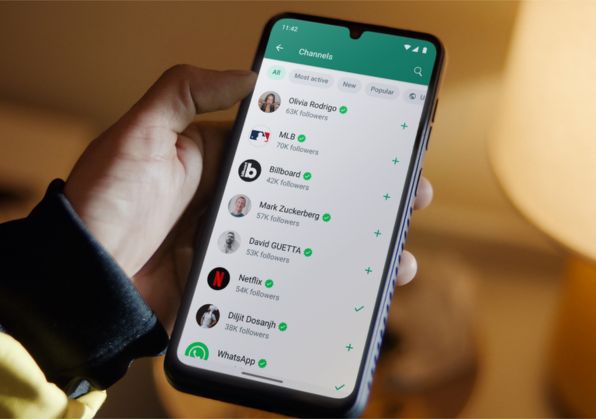What’s the Buzz About?
Delhi Chief Minister Arvind Kejriwal finds himself at the center of a legal storm, with the Delhi High Court reserving its order on his regular bail plea in the CBI case related to the excise policy. The courtroom drama on Monday saw high-profile arguments from senior advocate Dr. Abhishek Manu Singhvi, representing Kejriwal, and advocate DP Singh, representing the CBI. The big question remains: Is Kejriwal entitled to regular bail?
Key Arguments in the Courtroom
CBI’s Standpoint
- Chargesheet Filed: Advocate DP Singh informed the court that the CBI had filed a chargesheet against Kejriwal and others. This, according to the CBI, should warrant the trial court’s intervention for bail.
- New Evidence: The CBI claims to have unearthed additional evidence implicating Kejriwal during their ongoing investigation. The final chargesheet names six individuals, including Kejriwal.
- Direct Involvement: CBI’s counsel submitted that IAS officer C Aravind testified about Kejriwal’s direct involvement, mentioning that Vijay Nair brought the excise policy to be entered into the computer in Kejriwal’s presence.
Abhishek Manu Singhvi’s Defense
- Previous Bails Granted: Singhvi pointed out that Kejriwal had been granted bail thrice in the Enforcement Directorate (ED) case, arguing that the current situation should be no different.
- No Direct Evidence: Singhvi emphasized the lack of direct evidence against Kejriwal, stating that the CBI’s case heavily relies on hearsay and the involvement of Vijay Nair, who has already been granted bail.
- Policy Endorsement: He argued that the excise policy was a collective decision, signed by 15 individuals, including the Lieutenant Governor and numerous bureaucrats. Hence, by the CBI’s logic, all should be co-accused.
- Questionable Publicity Spending: Singhvi highlighted the CBI’s focus on AAP’s ₹4 crore publicity spending while questioning the ruling party’s ₹4,000 crore expenditure on publicity, emphasizing a perceived bias.
The Courtroom Drama
The courtroom witnessed intense exchanges as Singhvi countered the CBI’s allegations point by point. He questioned the lack of new developments or confrontations since Kejriwal’s arrest and criticized the differentiation between bail and writ petitions as immaterial to the case’s merits. Singhvi’s argument underscored that merely filing a chargesheet does not automatically disqualify Kejriwal from being granted regular bail.
What’s Next?
With the Delhi High Court reserving its order, the spotlight remains on the judiciary’s impending decision. The outcome of this case could have significant implications for Kejriwal’s political career and the broader political landscape in Delhi.
The Bigger Picture
The case has drawn public and media attention, not just because of the high-profile individuals involved but also due to the broader questions it raises about the judicial process, political accountability, and the standards of evidence required for bail.
Your Take?
What do you think about the Delhi High Court’s impending decision? Is the evidence against Arvind Kejriwal substantial enough to deny him bail, or are the arguments presented by his defense convincing enough to warrant his release? Share your thoughts in the comments below!




